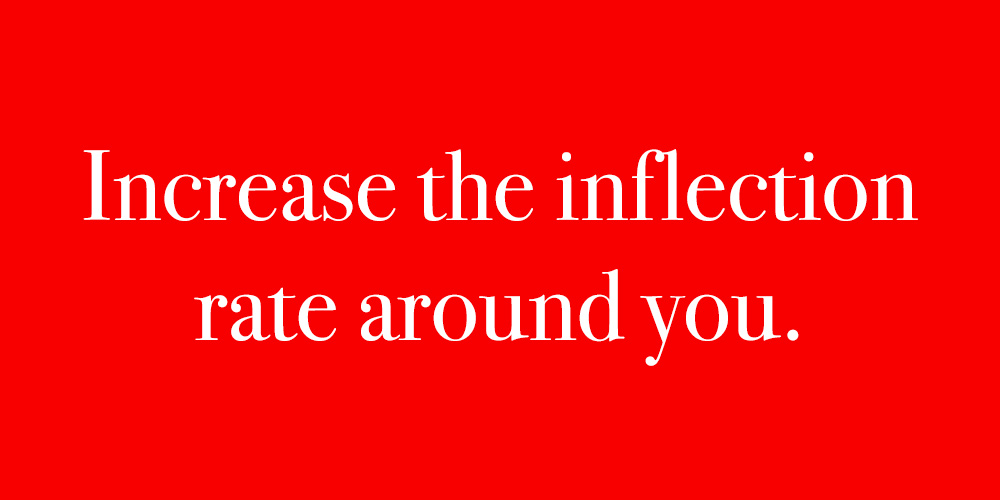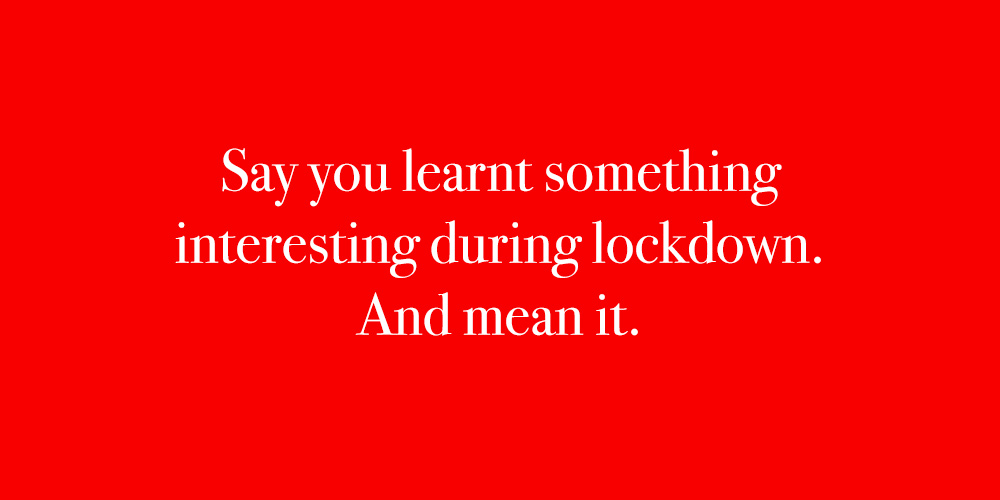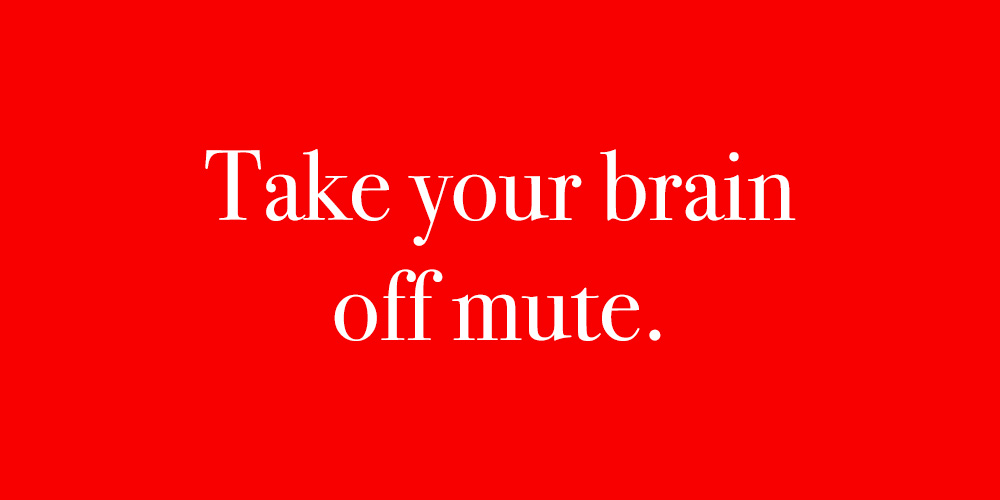Content. So much content. Blogposts, vlogs, social media posts, ads, infographics (remember those?) … The list is endless. They’re discussed in meetings. Created on Macs. Reviewed on large screens (or two). A clever, shiny, high-end process. And then they’re consumed on iPhone 7s with broken screens and two bars of reception.
Content. So much content. Slow to load. Most of it not visible at first glance. Some of it too small to read. Much of it too long to consume for the brief moment-between-moments when a person doom scrolls and thinks, “I hate this phone. And I need to get this screen fixed.”
It’s a view, but not the one you wanted. Certainly not the one that comes up in the analytics.



